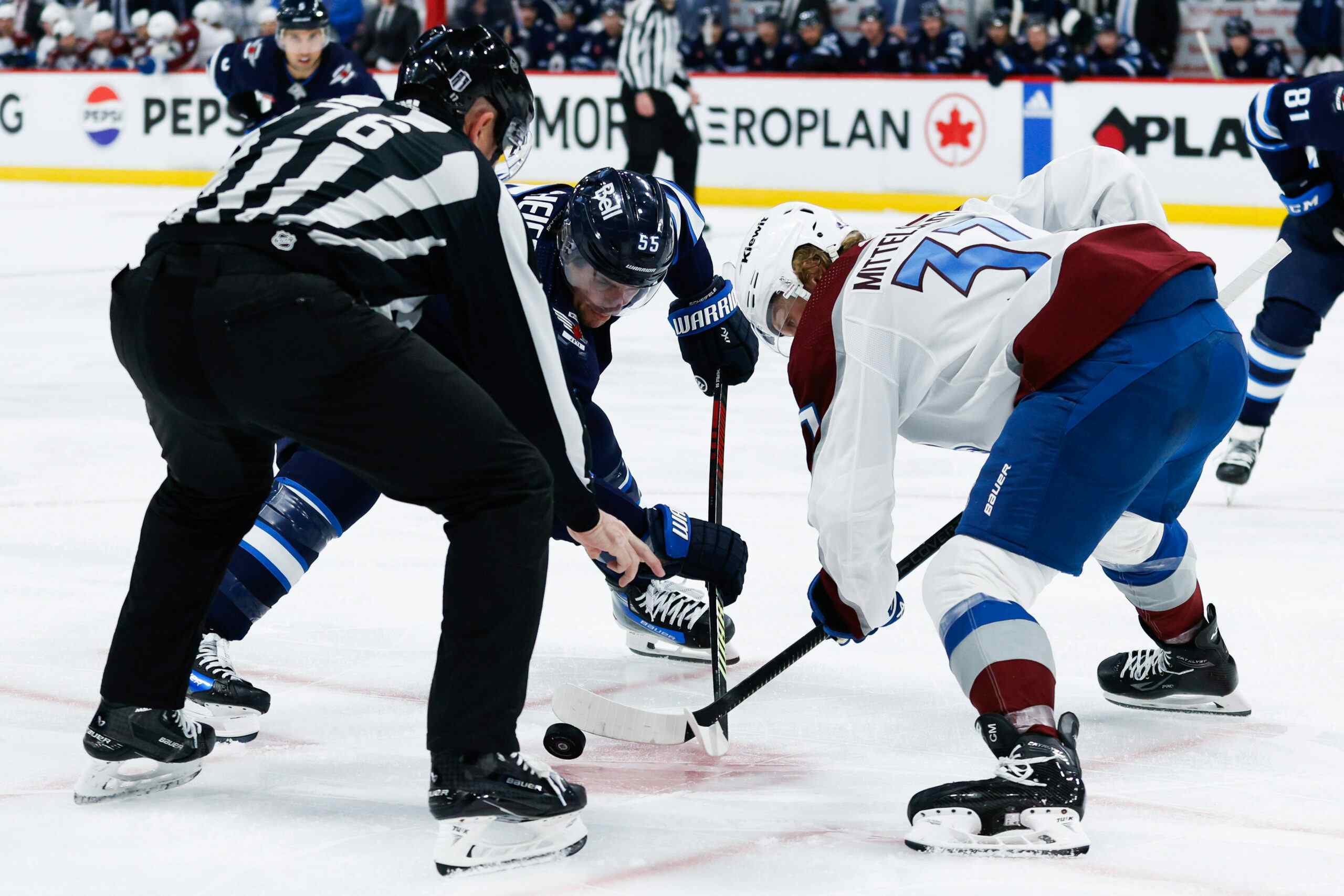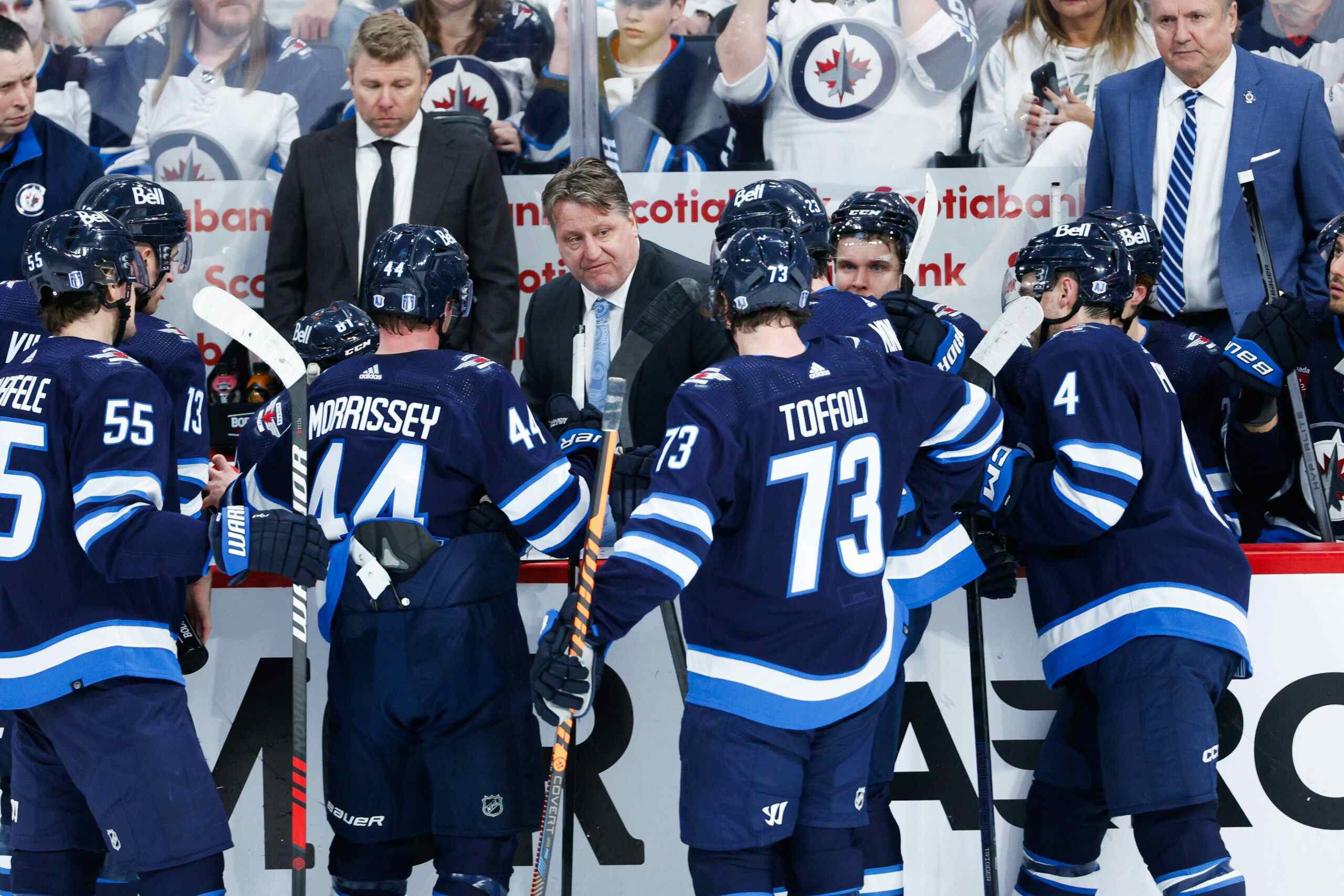In Search of the Perfect Stat
By swindle
11 years ago
Prior to becoming a candidate to become a writer for Jets Nation, I had my own blog and wrote for a few other sites. During that time, I never paid much attention to ‘Advanced Stats’ and felt they were overkill. Shortly before I shut down my blog I had started investigating advanced stats as I was looking for a better way to argue the merits of certain players. However, once my blog was no more, I stopped looking into different types of statistical analysis in regards to hockey. The lockout continued and my mind wandered to other endeavors.
When I responded to the ‘Casting Call’ for contributors to Jets Nation, one of the requirements given was:
At least a passing familiarity with advanced stats/analysis in hockey. You don’t have to be a stats nerd or anything, but some knowledge in this area (or a willingness to learn) is required.
I felt the potential of becoming part of the ‘Nation’ was an amazing opportunity, so I gritted my teeth and once again began investigating advanced statistics.
I have been pleasently surprised by what I have found.
Advanced Stats- Not as Frustrating as Imagined
Rather than being cumbersome, time consuming, and frustrating – which is what I expected – I have found that the advanced analysis available online can enrich the understanding of what is being observed. Consulting advanced stats also make it difficult to hold onto pre-conceived notions about players from either an emotional (fan) or preference (ex. size=better) standpoint.
Basically, these stats could have been useful when you were playing hockey as a kid. If they were, you could have proven that the jackass on your team who scored lots of goals because he positioned himself up high (almost out of the zone) and to the center of the blue line waiting for the homerun pass while the puck was in your zone was more of a hinderance to the team (more shots on your net) than a help- despite his dominance in a traditional stat like goals.
As a coach, these types of statistics could prove a gold-mine (if they haven’t already for NHL bench bosses).
Looking Deeper- Can you Predict the Future?
While doing some research on advanced stats, I came across a very helpful article by Clare Austin at SB Nation’s Raw Charge (a Lightning Blog) titled ‘Advanced Stats Primer: Or what we know and how we know it.” In the post Austin states:
No responsible stat-head is going to tell you that they can predict the future using advanced stats. Nor can they tell you the causes of wins using advanced stats.
The question that statement, probably like many before me who follow and refer to these stats, created in my head was, “could you come up with such a stat?” (one that predicts outcomes).
My preparation for the various pools I participate in every season has always included an attempt to predict the NHL’s top 100 scorers. My method has been to average a player’s scoring for the previous three season (when possible), assess their probable role on their team, and find a comparable player from another team who: a) played on a similar team in the standings and b) who was roughly the same age and occupied roughly the same draft position. The method could be fairly accurate or horribly inaccurate- probably like most systems for predicting the future.
So what if I could find a way, using these ‘new to me’ set of statistics, to better predict the future? What variables would I need to know?
Knowing shot differentials, zone starts, etc. could all help refine my system, but what else would I need to know? As I thought about it, the list grew longer and longer.
Examples:
- Should humidty be considered as denser air could have an aerodynamic effect on the puck and players?
- How about ice conditions? They vary from city to city and could hamper perfromance and puck movement.
- Bounces off boards in different arenas? – potential for anomalies (ex. strange bouce which leads to goal)
- Altitude?
- Fitness of individual players?
- etc., etc., etc.
Even the mood of each player going into a game could have an impact on their performance and the outcome. A report in the Journal of the American Board of Sport Psychology stated:
…the results of the study support the view that differences in competitive achievment are at least partly attributable to situational mood.
So what would this stat look like? How could a player’s mood be related to zone starts and shot differential? Would we have to track PGFWW (pre game fight with wife) or POARDQ (pissed off at reporter’s dumb question) stats? Could you come up with an Eric Cole stat to cover players who are pissed off at Bettman and the world?
The amount of variables that would need to be tracked (and how to track them) was mind numbing.
I won’t go into too much detail, but after doing some research I realized the plausibility of acheiving such a stat was fairly impossible. For example, my reasearch lead me to an article pointing to mathmeticians who are now theorizing that sub-atomic particles, which are almost completly unpredictable, may have, “free will.” Whoah. If physicists can’t make predictions at the sub-atomic level, how can bloggers be expected to make them about events that are made up of these particles?
It seems my journey to dominate my hockey pool has hit a snag- quantum mechanics. I dropped out of physics in grade 11 and for good reason- I wasn’t any good at it.
However, the fact that there can most likely never be a perfect stat applied to hockey to determine outcomes does not diminish my appreciation for advanced stats. As stated earlier, I find that these stats enrich the understanding of what is being viewed and can aid in removing irrational biases toward certain players. I will never be a complete ‘stats nerd’, but my appreciation for those of you who are won’t ever be challenged.
Now if I could only meet a real life Doc Brown, I’d be all set for next year’s pool and fantasy draft.
*Since Leonard Nemoy is in the opening picture, I thought another Star Trek themed picture would be in order today.

Recent articles from swindle





